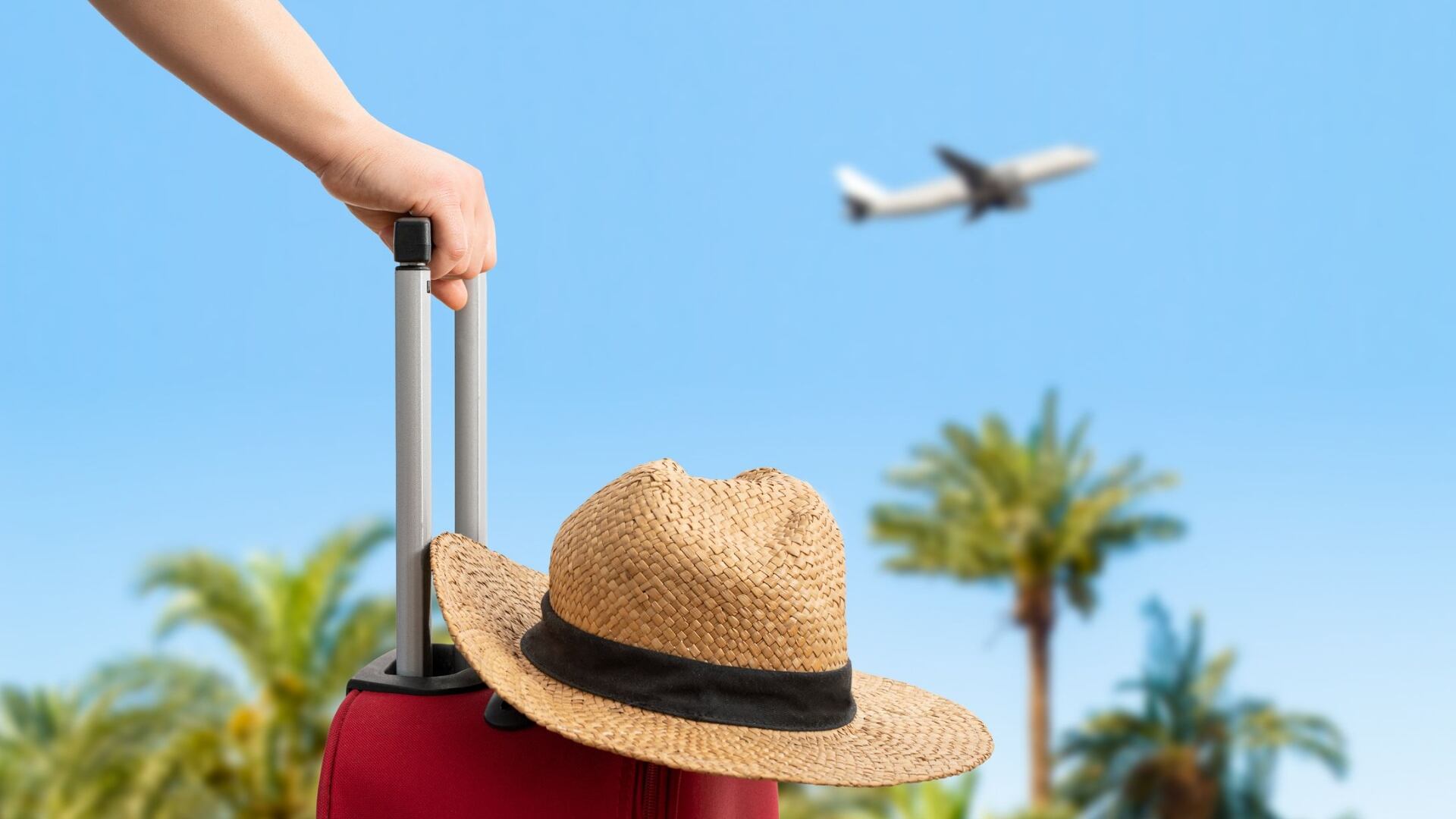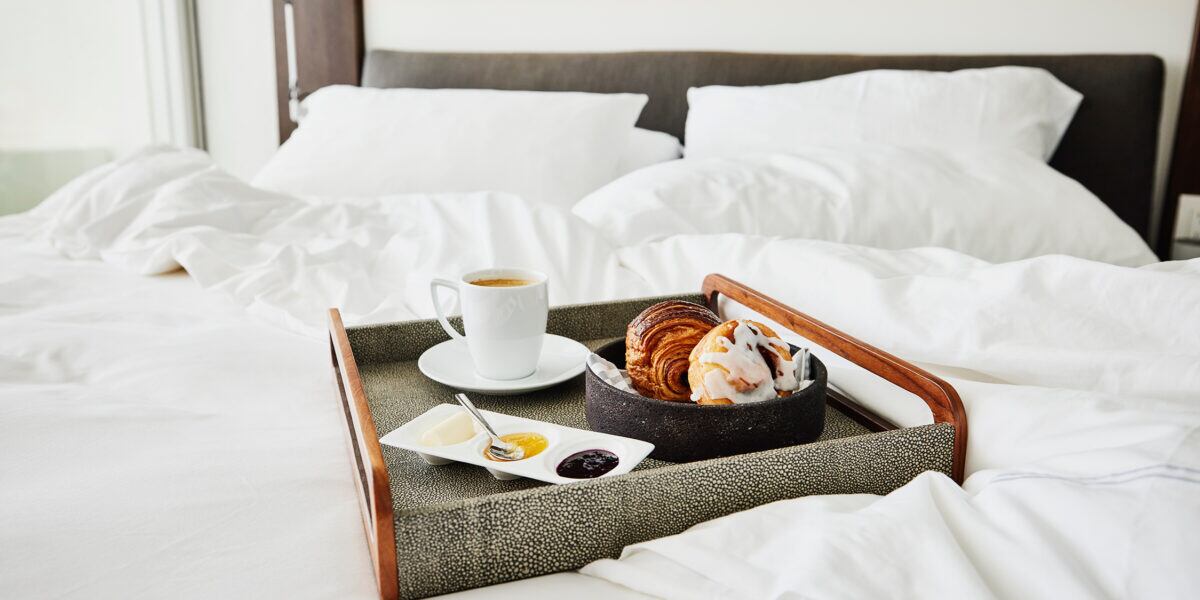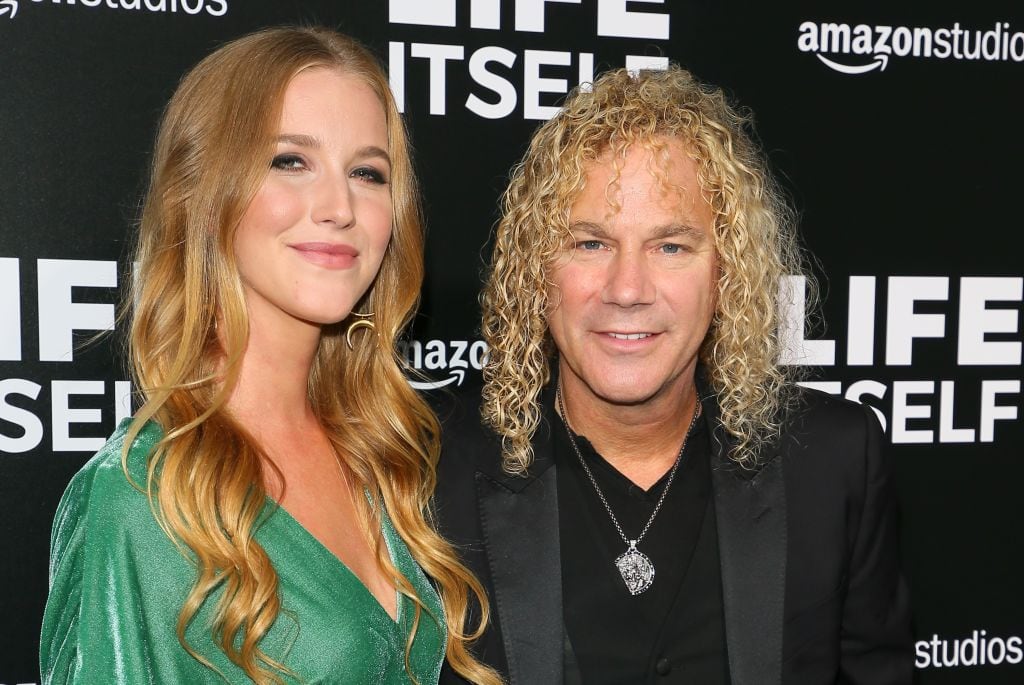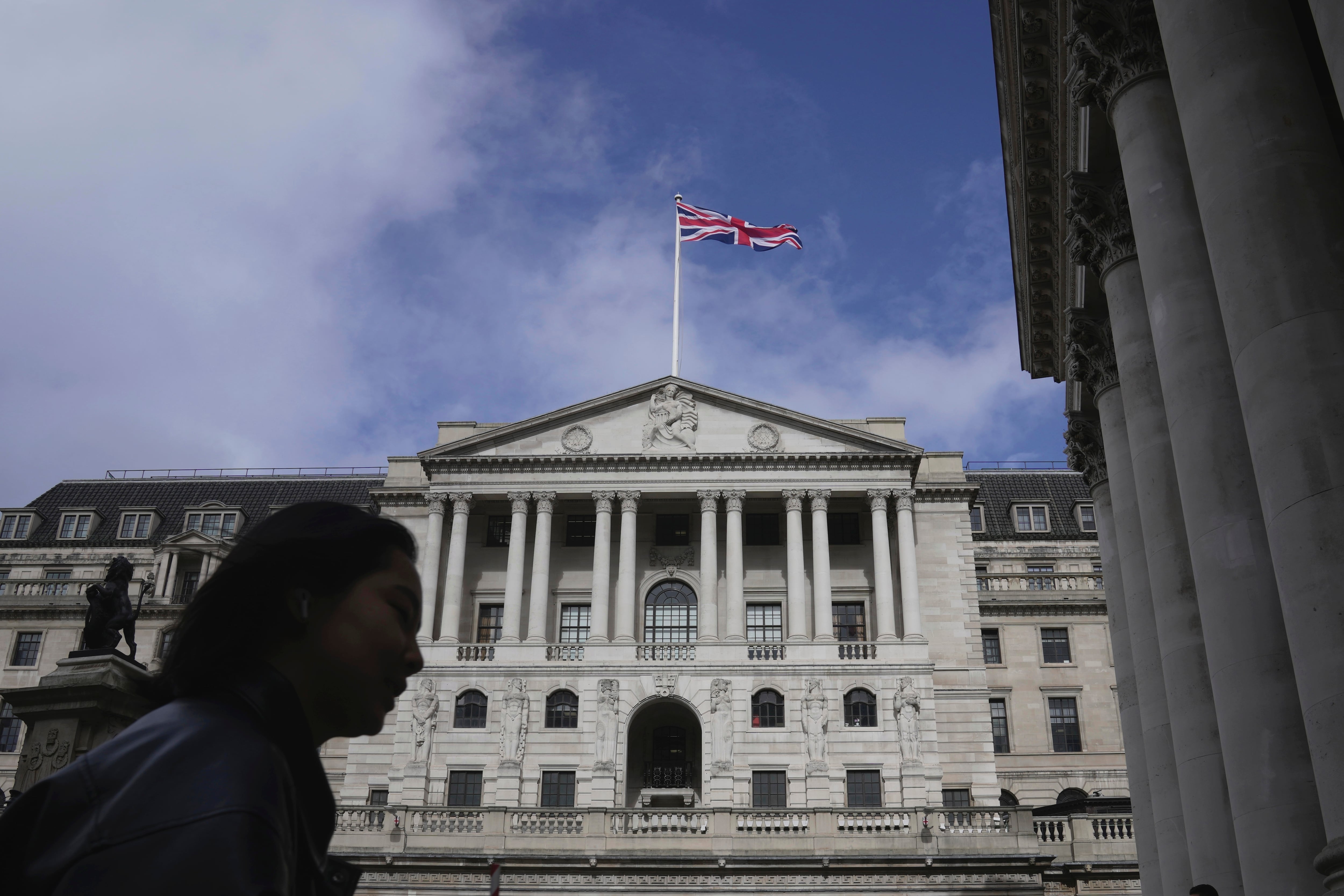Since the beginning of the pandemic, Shams - better known as Da Homeless Hero - has lived in four different locations. His current address is The Lucerne Hotel in the Upper West Side of Manhattan, where he and over 200 other homeless men are residing as part of a New York City program. He loves his most recent home, which has provided him with support during a difficult time.
“This is a deadly disease,” Shams, who recovered from COVID-19 a few months earlier, explained. “A lot of us are older, and going through being homeless, a lot of times you’re not getting the right help that you should.”
But some locals believe Shams and the other Lucerne residents would receive better care in a different area of Manhattan. After a months-long battle, a judge will decide next week whether the homeless men will stay or be relocated to the Radisson Hotel in the Financial District of Manhattan.
“For me it was both as a parent my concern and especially as an anesthesiologist,” said Westside Community Organization president Megan Martin. “What I was seeing was that people were in the throws of an addiction who were not receiving services.”
Hotels for Homes
From Baltimore to Los Angeles, many local cities across the United States have struck deals with hotels to pay for unused rooms during the pandemic. These spaces are then turned into temporary shelters in order to help socially distance homeless individuals. Similar to the Upper West Side, many area residents are pushing to relocate them outside of their own neighborhoods.
The issues may continue to increase as more people find themselves displaced. Up to 250,000 additional people could become homeless as a result of the coronavirus pandemic, according to an analysis by Columbia University professor of economics Dr. Brendan O’Flaherty. The unemployment rate in October reached 6.9 percent, an improvement from earlier in the pandemic. However, as states begin to shut down schools and businesses again with coronavirus levels spiking, there are worries more people could find themselves destitute.
The Lucerne is one of three hotels in a ten-block radius that house homeless people. It is specifically earmarked for men in substance abuse recovery and many of its residents have mental health disorders. New York Mayor Bill de Blasio visited the facility in September and called the conditions “unacceptable.” WestCo’s Martin said the hotel is far from the shelter of origin for many of its residents and other resources like methadone clinics are also quite a distance away. The new proposed location is closer to those facilities.
“When you have this severe mental illness and chemical addiction and you are not receiving the proper medical care and substance abuse services, you are basically saying you are just warehousing individuals, and then not giving them the proper treatment,” Martin said.
Safety Concerns
Keeping the homeless men in the Upper West Side is also putting families in danger, she adds. She says there’s open prostitution, needles on playgrounds, robberies, and illicit drug use in the open.
“You don’t exactly know what exactly is going to be happening because when you have such a volume of people who do have mental illness in a community, it does feel you really don’t know what to expect,” she said. “And when you have small children especially as I do, that’s something that is really prioritized.”
It is true burglary and robberies have increased 97 percent and 22 percent respectively in the precinct The Lucerne is located in, according to the NYPD. But total crime has gone down five percent across the board.
What’s more, many of these crimes aren’t being perpetrated by The Lucerne residents, points out UWS Open Hearts Initiative committee member Melissa Sanchez. High profile incidents, like the attack on actor Rick Moranis, were done by people living outside the area. Also, because the neighborhood’s crime rate is so low to begin with, a few incidents can skew statistics.
Welcoming Newcomers
“Every neighborhood in New York City has a responsibility to care for New York’s most vulnerable citizens,” Sanchez said. “This responsibility is spread out throughout the city, and we are not and should not be exempt. It’s a simple ethical and civic duty to welcome those who need our help.”
UWS Open Hearts Initiative is a community organization that wants The Lucerne residents to stay. They’ve organized pizza parties and clothing drives, as well as other welcoming events.“
In a neighborhood like the Upper West Side, which has a much higher proportion of wealth and a much higher proportion of white people than New York City does as a whole, it’s easy for such a homogenous neighborhood to become such a bubble,” Sanchez said.
It becomes easy to not recognize your privilege and limitations in seeing other worldviews, she argued.
“I think we’re also impoverished by our homogeneity, and I think that having the shelters here is good for us and good for them,” Sanchez said.
Shams believes that moving again would have a destabilizing effect for those living at The Lucerne. The hotel has developed resources like AA meetings, walks with community faith leaders, and other online services. Quickly relocating everyone without developing these programs could do more harm. Many of them, including Shams, were already moved from another hotel in Manhattan’s Hell’s Kitchen after residents raised concerns about them living there.
“There’s always a level of trauma with that, especially for a person experiencing homelessness,” he explained. “And when you’re moved all the time like that, especially in short amounts of time, it becomes even more traumatic.“
Judge Debra James is expected to rule on the case in the upcoming days. Meanwhile, tensions are running high. WestCo.’s lawyer Randy Mastro found his home vandalized recently. And ahead of the decision, residents of the Financial District are attempting to block the move.
Shams explained he harbors no ill will towards anyone, and wants everyone to sit down peacefully to figure out a solution. Until then, he has one question for de Blasio.
“If we’re not acceptable here to you, where would we be acceptable?” he asked.












